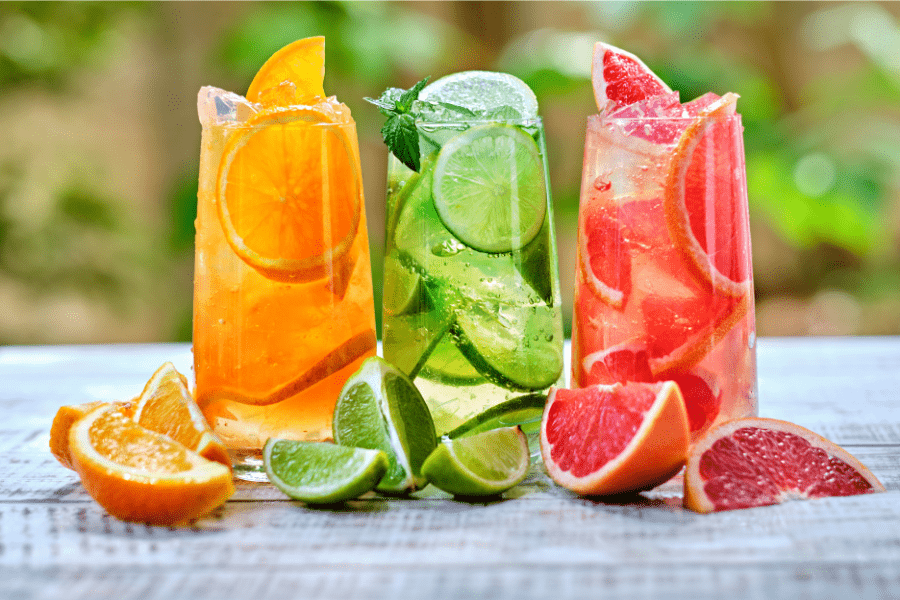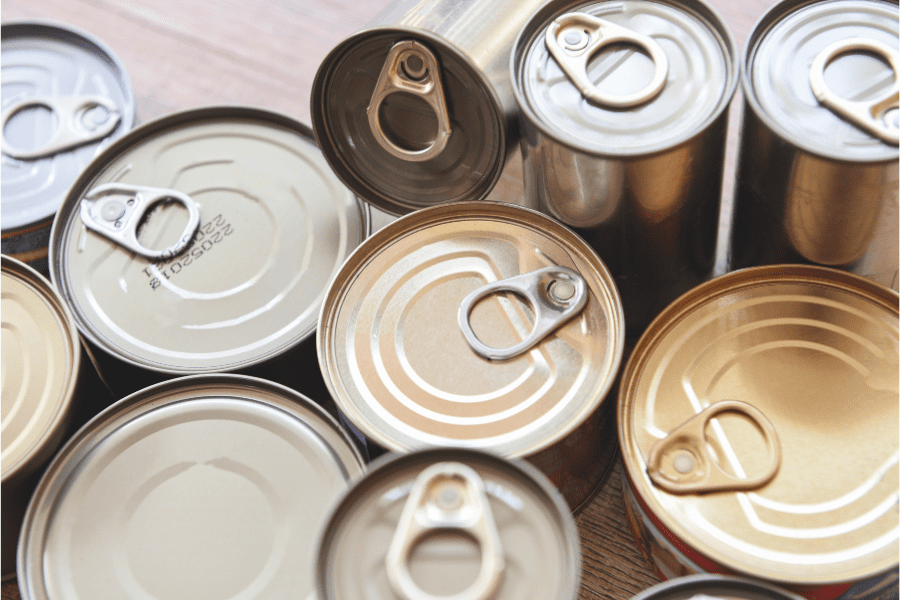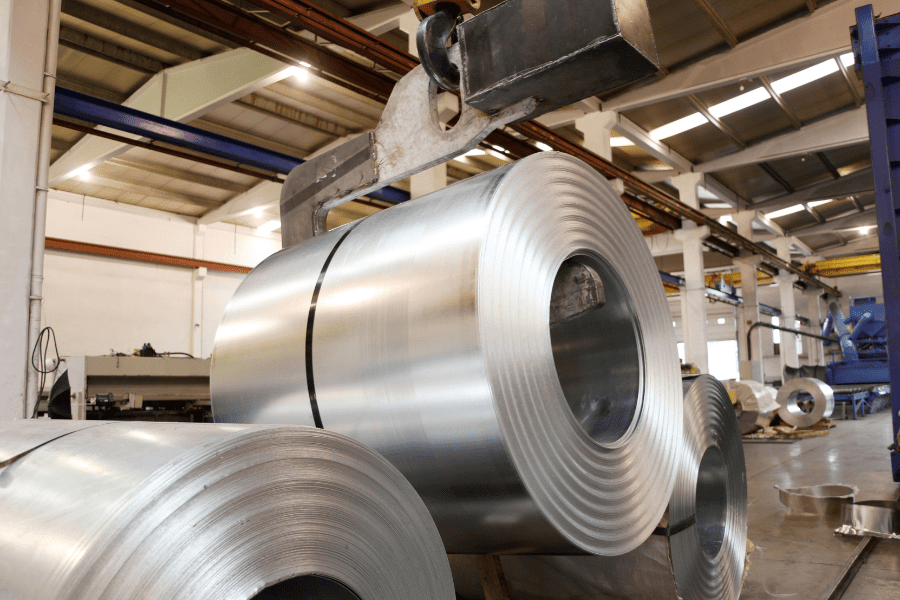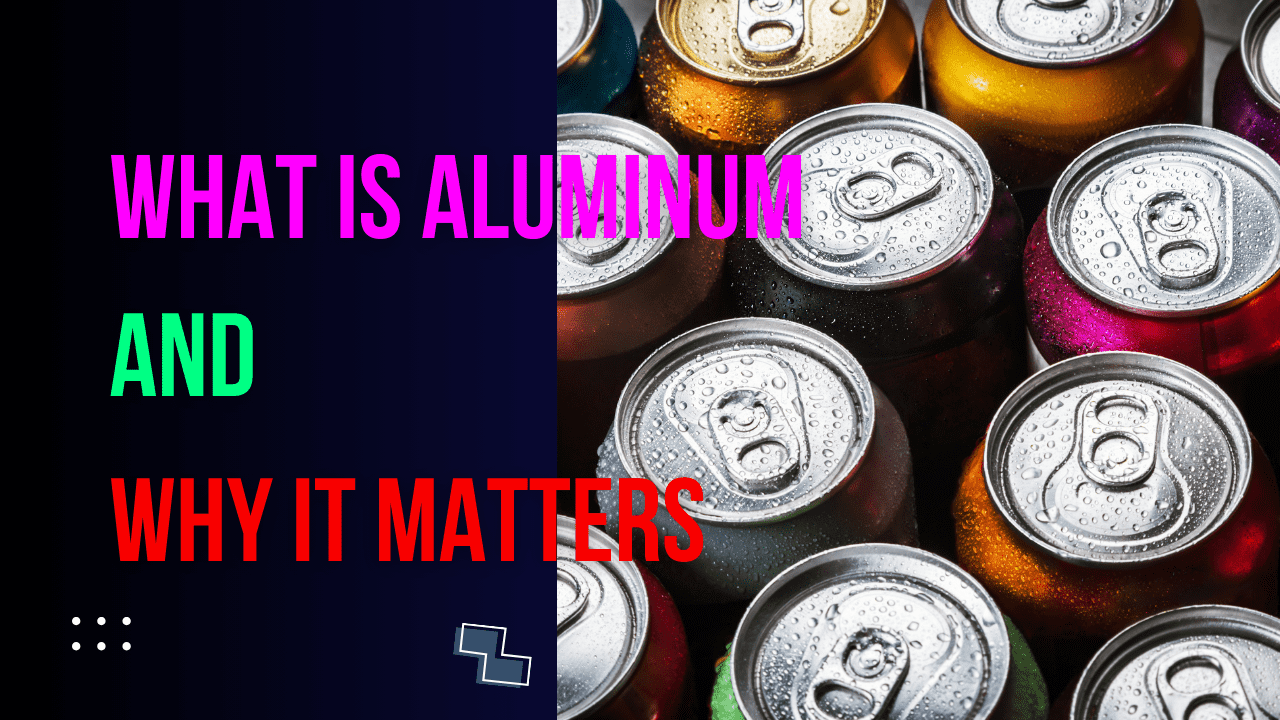Table of Contents
The Universal Thirst for Refreshment

What Is Aluminum? After a day of fun in the heat, you’re thirsty. Even if it’s not necessarily a hot day, you want something cool to drink after a sweaty activity or when you need to take a breather. Sometimes you’re thirsty after meeting someone you’ve been talking to for a long time and chatting about the world. A glass of water is a good idea, but sometimes I’m tempted by something else in a can.
The Sensory Pleasure of Canned Beverages

Things like soda and beer tend to come in cans. We love the cool feel of a cold can in our hands, and the sound it makes when we open it heralds the arrival of something delicious.
What Is Aluminum? The Superiority of Metal Cans

What is aluminum for, to hold a drink? In fact, canned beverages are better chilled because the metal that makes up the can conducts heat well. If you put a drink in a wooden can, even if you put it in the fridge, the cold will seep through the wood and it will take a long time for the drink to lose heat and get cold. Metal cans, on the other hand, are easier to chill. Plus, cans made of metal are easier to transport because you’re less likely to have to worry about the container spoiling or breaking. Because metal is hard, it’s strong even when thinned, so you can make the container light and small. So, if you want to carry something cool to drink, cans are the way to go.
The Historical Challenges of Metal Cans

Before the advent of aluminum cans, it wasn’t easy to make beverage cans out of metal. This is because it was difficult to find the right metal to hold drinks. What is it about aluminum that solved this problem? In order for a can to be used as a beverage can, it must not rust easily. If you put a soda in a can and the soda itself melts or rusts the can, the beverage will leak out. Even if it doesn’t leak out, the rusted or melted ingredients may contaminate the beverage in the can. Even if the inside of the can doesn’t melt, the moisture will cause the outside to melt, which is not ideal for carrying food. This is why it’s difficult to make beverage cans out of iron, a metal that rusts easily, even if it’s readily available. Bronze, on the other hand, is definitely less prone to rust than iron. However, copper, the raw material from which bronze is made, is not easy to come by. In the Olympics, after gold and silver medals, bronze medals are awarded, which are made of copper. Plus, copper is heavy. If you make a beverage can out of copper, it’s too heavy to carry around and drink, and it’s expensive to truck it from place to place.
What Is Aluminum : The Game-Changing Material

The best metal for beverage cans is aluminum. Aluminum is a very light metal, and it’s easy to beat into thin strips or pull into long stretches. These properties also make it a good choice for cans. Materials like wood and stone are not as easy to stretch as thin as aluminum, no matter how much you beat them. Aluminum is also resistant to rust. To be precise, it rusts cleanly at a very high rate. When aluminum is exposed to air, it rusts only on the surface that is in contact with the air, and the rusted area becomes a barrier that prevents air from entering or leaving. In other words, it rusts so quickly that the surface is covered with a thin layer of rust, which prevents it from rusting beyond a certain point.
The Rise of Aluminum in Modern Use

However, aluminum cans didn’t see much use until the late 20th century. It’s hard to find aluminum used anywhere before the 20th century, let alone in beverage cans.
Copper has been around since the Bronze Age, when human civilization first arose, and it was only a few thousand years ago that iron became available on the Korean Peninsula, ushering in the Iron Age. The culture of making things out of aluminum didn’t take off until thousands of years after humans got used to melting the metal to make tools. So, until the 19th century, aluminum was a very rare metal.
What is aluminum? Is it really a precious resource? It’s not that the atom itself was valuable. Rather, aluminum is very common on the Earth’s surface. If you analyze the atoms that make up the stones and sand on the surface of the earth, you’ll find a lot of oxygen and silicon atoms, followed by aluminum. When people think of iron, they usually think of iron because it’s the most common metal on Earth. But aluminum is even more common than iron. It’s estimated that 8% of the atoms on the Earth’s surface are aluminum. So if you picked up ten rolling rocks and collected all the aluminum in them, you’d have enough to make one rock.
What is aluminum? It’s common, but why is it used so much today? Since aluminum is a common element on Earth, people in the past must have thought it could be useful, but it was too difficult to pick out aluminum atoms from stones and dirt and turn them into metal. Even by the 19th century, when people were doing all sorts of difficult chemical experiments to precisely extract even the tiniest trace of the rare substance, aluminum was still a bit of a challenge. In particular, it was very difficult to get aluminum oxide, which is oxygen and aluminum atoms attached to each other, to remove the oxygen and get pure aluminum.
The first turning point in solving this problem was the great German chemist Friedrich Böhler. The same Böhler who discovered beryllium, synthesized urea, and founded organic chemistry was also responsible for extracting aluminum. By reacting potassium, a very reactive substance, with aluminum chloride, Böhler was able to produce a fairly pure aluminum powder. Later, methods of extracting aluminum became more and more advanced, and it was possible, albeit laboriously, to extract the aluminum atoms from the stones that contained them, and to form them into small chunks. Soon, people began to recognize the aluminum ingots that we know so well, the ones that shine cleanly with silver.
What is aluminum and why was it treated as precious as gold? Still, it was hard to make aluminum ingots in the early days, so even after aluminum became somewhat known in the 19th century, pure aluminum ingots were still considered a very valuable precious metal for a while. Just as some people would buy gold or silver bars to show off their wealth, there were also many people who made aluminum ingots and kept them for themselves. Nowadays, people throw away aluminum beverage cans, but just a few hundred years ago, they collected them and kept them as treasures.
Speaking of treasures, it’s easy to see that aluminum is a good metal because it’s hard and strong. Nevertheless, it weighs much less than iron and is comparable to wood, and its clear color is as beautiful as silver. In addition, aluminum doesn’t rust as easily as other metals. With such unusual properties, it’s no wonder that it’s so difficult to create, and therefore so prized by people.
Believe it or not, there’s a story that Napoleon III, Emperor of France, had his crown made of aluminum. It’s also rumored that when Napoleon III entertained guests, he would serve his most valuable guests with aluminum cutlery, and the next most valuable guests with gold and silver cutlery. Aluminum was so rare that it was considered more precious than gold and silver. Especially for a ruler of a country, aluminum would have been a way to show off his wealth, as well as to show off his country’s superior aluminum production technology.
In our next post, we’ll explore the history and uses of aluminum to see how it came to be what it is today.
Discover More
If this article made you happy and taught you something, I’m sure our next article will do the same for you. Each piece is carefully written to help you understand things better and enjoy reading more. So, to keep exploring and having fun, just click on this link to go to our next story.
The Helium Shortage : A Precious Gas Facing a Global Shortage – ReViewMaster DEN (rvmden.com)
Bioluminescence: Illuminating Earth’s Natural Wonders – ReViewMaster DEN (rvmden.com)



